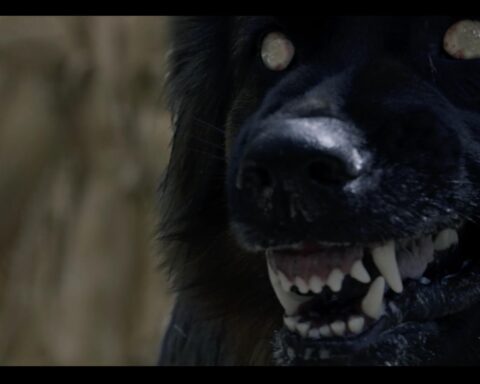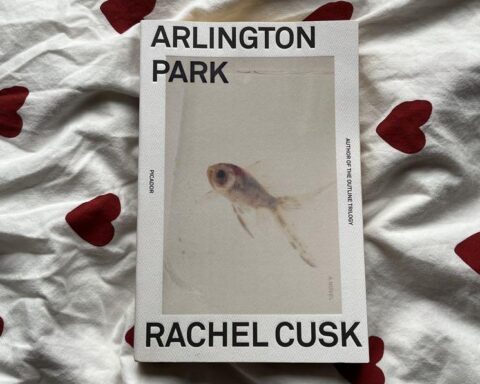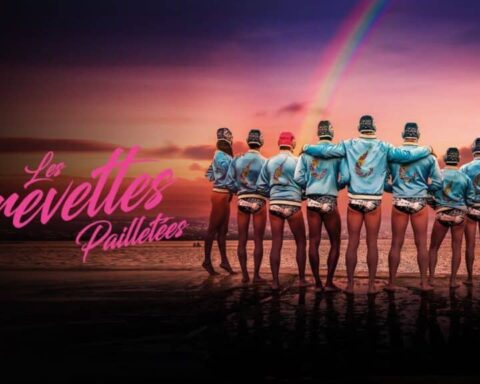The Diablo Cody touch is something that can’t be taught—it belongs solely to her. Few were the admirers of her sexual escapades filled with debauchery and all kinds of humor documented in her first novel, Candy Girl. A rare gem of underground and offbeat writing, Cody is a militant supporter of deviant and ambivalent communities, from the punk wave’s leftover froth to the emanations of gargantuan beer, drugs, and rock ‘n’ roll. Her first quirky screenplay, Juno, was a true UFO in the world of American independent cinema, a roaring surprise at the 2009 Oscars, and a phenomenal jolt to the future of filmmaking, giving a glimmer of hope to those disenfranchised by mainstream existential crises, even if it didn’t garner an exceptional number of fans. Finally supported by Spielberg in writing her television series The United States of Tara, which prominently featured a woman suffering from a severe personality disorder and living daily with five different personalities (a character magnificently portrayed by the divine Toni Collette), Cody reached the pinnacle of her mad genius with Jennifer’s Body. This film cynically presented the contemporary trend of pseudo-demonic horror films in a small town filled with teenagers struggling with the tortures of their hormones.
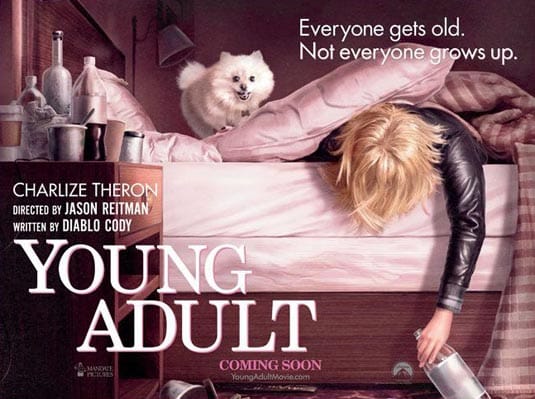
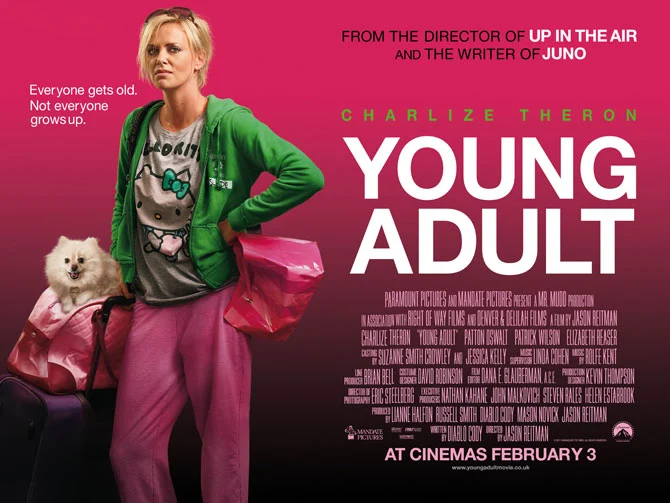
And now she’s back, writing this opus that portrays the disillusioned life of Mavis Gary, a young adult novelist lost in her lonely life with her dog. She decides to take a bold step and rekindle a relationship with her high school sweetheart, Buddy Slade (played by Patrick Wilson). The strength and creative genius of the film lie in the character of Mavis, created by Diablo Cody. This woman, now in her thirties, stuck in her depressed teenage life, decides to pick up where she left off and reclaim the life she had abandoned. But things are not so simple: Buddy, now married and a father of a newborn, is engaged and happy in his well-structured life, and Mavis’s distant life is a mere memory to him, standing in stark contrast to his own. Along the way, she meets Matt, a former high school friend who was terrorized by his classmates and, like her, is lost, trying to lead a healthy life despite his unusual hobbies and radically out-of-the-box thinking. Mavis may find in him an unexpected alter ego…

Charlize Theron delivers one of the best performances of her career since Monster. She plays the complex and tortured character of Mavis with a disconcerting human genius and a natural ease that transcends the ordinary. Patrick Wilson, slightly out of step with his usual roles, delivers a convincing performance as Buddy, managing, as always, to give interesting depth to his character. A delightful surprise also comes from Patton Oswalt, who masterfully embodies Matt, a nostalgic and tormented geek, lost in his own life and wandering through the days with darkness (but a certain optimism).
The direction, as always, is impeccable under Jason Reitman, who is undoubtedly one of the most talented indie filmmakers of his generation in the United States. One need not mention Juno, Up in the Air, and Thank You for Smoking, which allowed him to work on brilliantly sharp scripts and with undeniably talented and renowned actors such as Ellen Page, Calista Flockhart, George Clooney, Katie Holmes, Aaron Eckhart, Charlize Theron, and Michael Cera. His meticulous attention to framing, originality, and creativity in shot composition allows his films to stand out, taking an extra leap forward on the wild scripts he adapts and the always sensational photography teams he hires for his shoots.
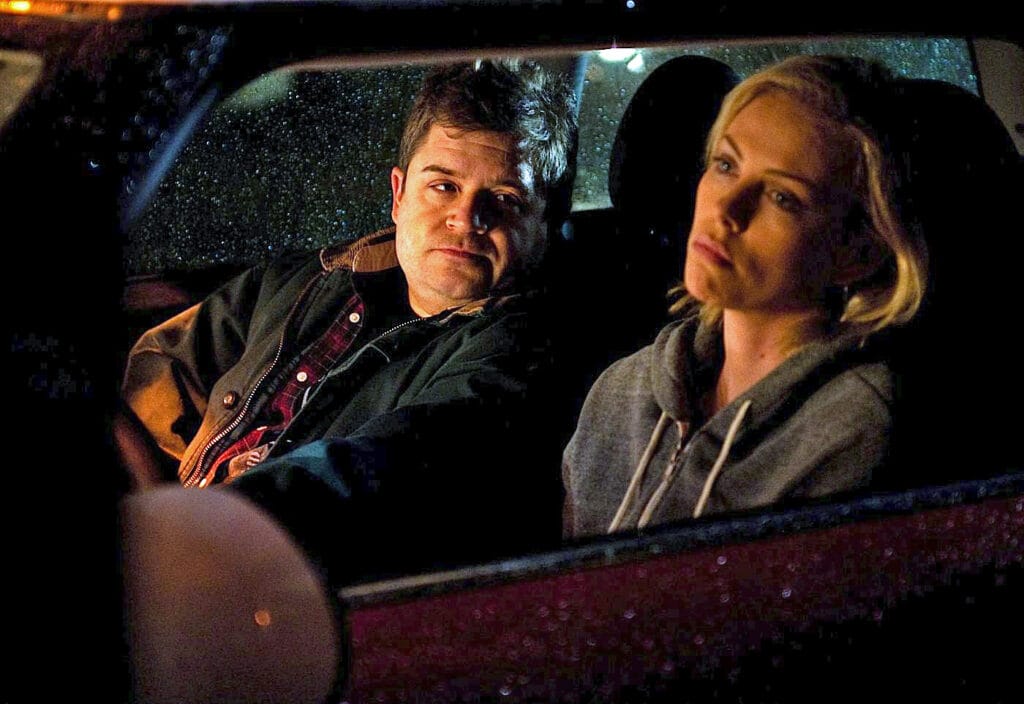
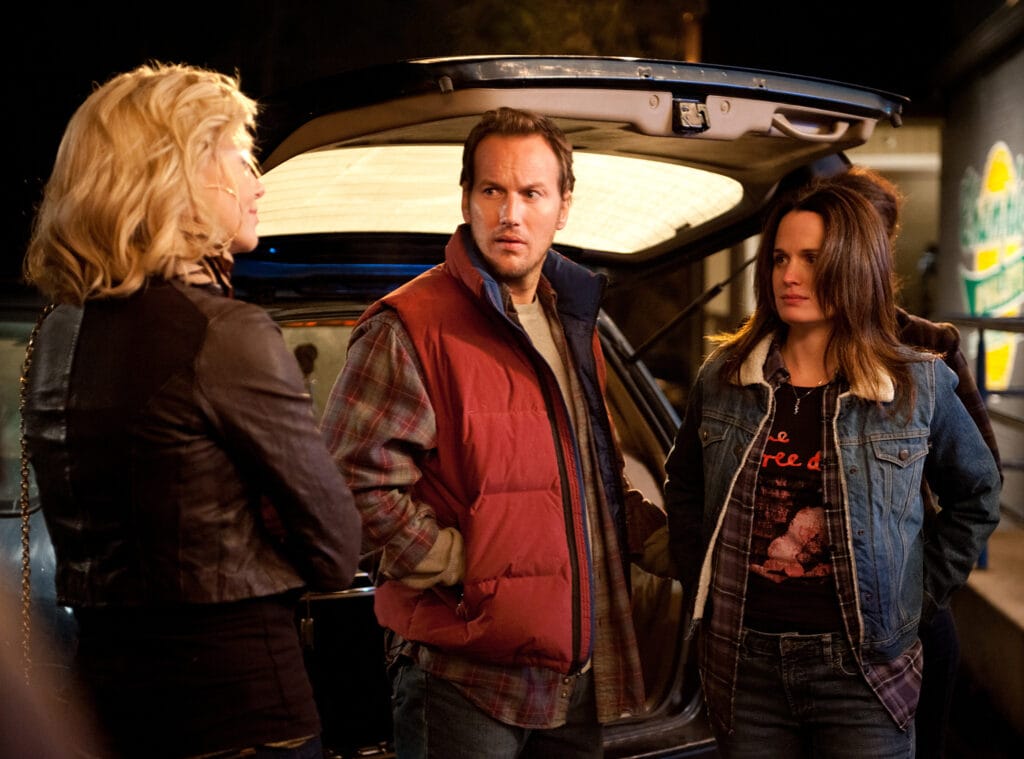
In sum, this journey into the heart of a disillusioned and original thirty-something’s life in the USA in 2011 is the biting surprise of independent cinema in early 2012, combining incredible talents on all fronts (direction, writing, performance) and offering those who wish to take it an exhilarating pleasure!
Why Young Adult Resonates in 2024
As we navigate through 2024, Young Adult resonates more profoundly than ever, particularly among the growing number of “lost generations” who find themselves at odds with societal expectations and their own aspirations. The character of Mavis Gary, a woman caught in the throes of arrested development, mirrors the struggles of many who feel left behind in a world that seems to have moved on without them. The pervasive sense of disillusionment, the yearning for a past that perhaps never was as idyllic as remembered, and the desperate attempt to reclaim lost opportunities speak directly to a generation grappling with economic instability, shifting cultural landscapes, and the disintegration of traditional life milestones.

In 2024, the existential crises that Young Adult so poignantly captures have only intensified. The rapid pace of technological advancement, the ongoing effects of global crises, and the ever-widening gap between reality and the curated lives displayed on social media have left many feeling disconnected and adrift. Mavis’s journey—her inability to let go of the past and her struggle to find meaning in the present—reflects a universal struggle that is increasingly relevant today. As more people find themselves in precarious situations, unable to achieve the milestones they were promised, the film’s exploration of unfulfilled potential and the search for identity strikes a particularly resonant chord.
Moreover, the film’s depiction of loneliness and the search for connection is more pertinent than ever. In a world where physical and emotional distance has become the norm, Young Adult serves as a reminder of the importance of authentic relationships and the dangers of clinging to a past that no longer exists. Mavis’s story is a cautionary tale for a generation struggling to define itself in an increasingly fragmented world, making Young Adult not just a film of its time, but a timeless exploration of human frailty and the quest for meaning.

